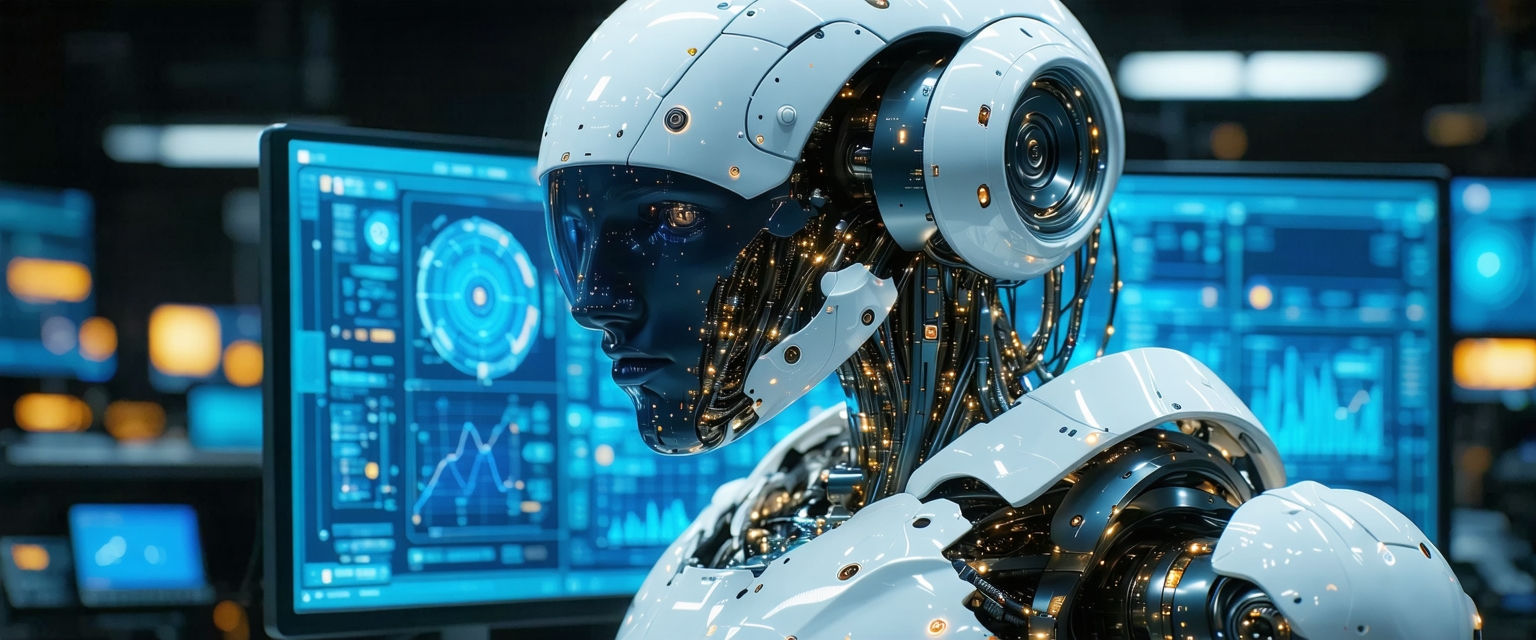






The field of Artificial Intelligence is rapidly evolving, with recent advancements pushing the boundaries of what’s possible. New developments in large language models and multimodal AI are reshaping industries and raising important ethical questions.
The progress in AI has been driven by increased computing power, the availability of massive datasets, and breakthroughs in deep learning algorithms. For years, AI struggled with complex reasoning and nuanced understanding of context. Recent advancements have significantly narrowed this gap.
One of the most notable areas of development is in large language models (LLMs), which are capable of generating human-quality text, translating languages, and answering questions in an informative way. These models are being integrated into a wide range of applications, from chatbots to content creation tools.
Recent research has focused on creating more robust and efficient AI models. This includes work on improving the interpretability of AI systems, making them more transparent and accountable. Efforts are also underway to create AI models that are less susceptible to bias and more resilient to adversarial attacks.
A significant leap forward involves the development of multimodal AI, which can process and integrate information from various sources, such as text, images, and audio. This capability allows AI to understand the world in a more holistic way, leading to more advanced applications in fields like robotics and autonomous driving.
The advancements in AI are having a profound impact across various sectors. In healthcare, AI is assisting in disease diagnosis, drug discovery, and personalized medicine. In finance, AI is being used for fraud detection, risk management, and algorithmic trading.
Furthermore, AI is transforming the way we interact with technology, with intelligent assistants becoming increasingly sophisticated and integrated into our daily lives. This widespread adoption raises concerns about job displacement and the ethical implications of increasingly powerful AI systems.